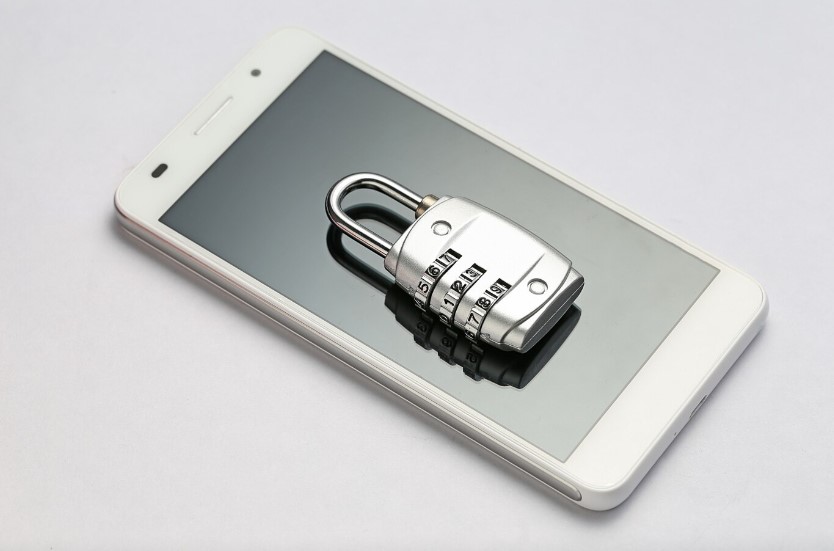
In today’s bustling tech market, consumers are often faced with a crucial decision when picking a new smartphone: opting for an unlocked phone or a carrier-locked device. This choice can significantly impact your user experience, freedom to switch carriers, and even the cost of your phone over time.
For those interested in the flexibility to switch carriers and more freedom to choose their plans, an unlocked phone might be the way to go. If you’re looking to purchase an unlocked phone, click here to see some options with flexible financing. On the other hand, carrier-locked phones often come with enticing subsidies and promotions but with certain limitations.
Understanding the Basics
Let’s dive into the intricacies of both options, shedding light on their respective advantages and disadvantages. Remember, the best choice depends on your personal needs, preferences and lifestyle.
Choosing between an unlocked and carrier-locked phone is more than a mere matter of preference; it’s a decision that impacts how you interact with your device daily. While both types of phones can call, text and access the internet, the underlying differences in flexibility, cost and user experience cannot be overstated.
It’s crucial to understand these distinctions to avoid potential frustrations and to ensure that your phone truly meets your individual needs in the constantly evolving digital landscape. Here’s a snapshot at the pros and cons of each option:
Unlocked Phones – Pros:
- Flexibility: Unlocked phones can be used with any carrier that supports their network technology. This makes it easier to switch carriers whenever you find a better deal or service.
- International Use: Travelers can benefit from unlocked phones as they can simply switch to a local SIM card when abroad, usually resulting in lower roaming costs.
- No Contracts: Buying an unlocked phone means you’re not tied to a carrier’s contract, giving you more control over your monthly expenses.
- Higher Resale Value: Unlocked phones tend to retain their value better and are easier to sell, as they are not limited to a specific carrier.
Unlocked Phones – Cons:
- Upfront Cost: Unlocked phones typically require a higher upfront payment, as they are not subsidized by carriers.
- Limited Carrier Deals: You might miss out on carrier-specific deals, like discounted monthly plans or buy-one-get-one-free offers.
- No Carrier Support: You may have to handle any potential technical issues on your own, as you won’t have direct carrier-provided support.
Carrier-Locked Phones – Pros:
- Lower Initial Cost: Carrier promotions often allow customers to get locked phones for a lower initial payment or even free, with a contractual agreement.
- Integrated Carrier Services: Carrier-locked phones might come with specific carrier apps and services pre-installed, which may enhance your mobile experience.
- Support and Warranty: Having a carrier-locked phone means that any issues with the device are typically dealt with by the carrier directly, including warranty services.
Carrier-Locked Phones – Cons:
- Long-term Contracts: To get a discounted locked phone, you are often required to commit to a long-term plan, which might not be ideal for everyone.
- Limited Carrier Switching: You are essentially tied to your carrier until your contract expires or until you’ve paid off your phone, which can limit your flexibility.
- Roaming Fees: Carrier-locked phones can incur high roaming fees when traveling, as they are not as convenient to use with other carriers’ SIM cards abroad.
Making the Right Choice for You
When deciding between an unlocked and a carrier-locked phone, consider your lifestyle and phone usage habits.
If you value flexibility, frequently travel abroad, or prefer to avoid contractual commitments, an unlocked phone might be your best bet. On the flip side, if upfront cost is a concern, you rarely switch carriers, or you appreciate extra perks and optimized network performance, a carrier-locked device could offer more bang for your buck.
Additionally, think about the long-term implications of your choice, including potential savings or costs associated with plan deals, roaming charges and device upgrades.
Ultimately, whether you opt for an unlocked or a carrier-locked smartphone, your decision should align with your personal needs, budget and preferences. Both options have their pros and cons, and what works best for one person might not suit another.
By carefully considering your options and evaluating the long-term impact of each, you can make an informed decision that enhances your mobile experience and fits seamlessly into your lifestyle.

Taylor is a freelance SEO copywriter and blogger. His areas of expertise include technology, pop culture, and marketing.

















